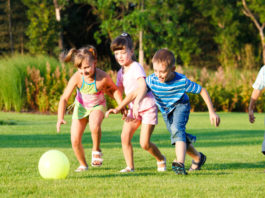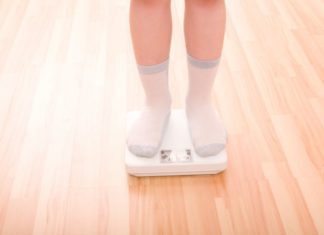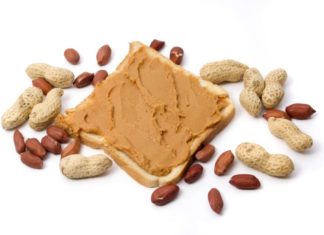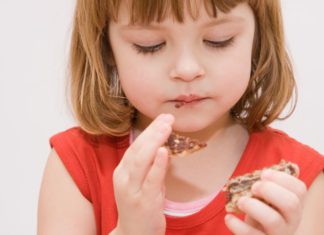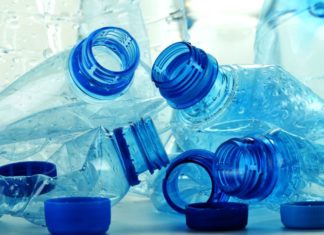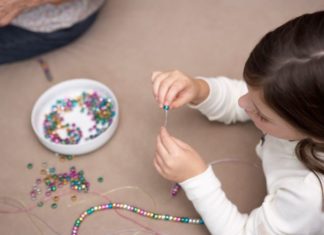Breakthrough for Duchenne Muscular Dystrophy in boys
The development of a molecule that will significantly improve the quality of life for boys who suffer from muscle-wasting disease has been shortlisted for the 2012 WA Innovator of the Year Awards.
Professors Sue Fletcher...
Childhood and adolescent obesity a risk factor for heart disease
Being obese as a child or adolescent may have a larger effect on future health than previously thought, suggests a study published on bmj.com today.
It comes as New York City passes a ban on...
A trigger for epileptic seizures
Scientists have discovered the first direct evidence that a biological mechanism long suspected in epilepsy is capable of triggering the brain seizures – opening the door for studies to seek improved treatments or even...
Parents’ views on bullying intervention
U.S. adults repeatedly rate bullying as a major health problem for U.S. children. But a new poll from the University of Michigan shows adults have different views about what bullying behaviors should prompt schools...
Parents' views on bullying intervention
U.S. adults repeatedly rate bullying as a major health problem for U.S. children. But a new poll from the University of Michigan shows adults have different views about what bullying behaviors should prompt schools...
Eczema gene linked to food allergy
Researchers have identified that an eczema gene increases people's risk of being sensitive to common allergic foods, but they say other unknown environmental factors determine whether people develop a full blown food allergy or...
The effects of technology on teenagers
Parents have good reason to feel overwhelmed by the digital revolution consuming their teenagers. As far as the physiology of our brains goes, we adults will never keep up.
The adolescent brain is a natural...
Children without siblings prone to obesity
Children who grow up without siblings have a more than 50 percent higher risk of being overweight or obese than children with siblings. This is the finding of a study of 12,700 children in...
BPA associated with obesity
In a nationally representative sample of nearly 3,000 children and adolescents, those who had higher concentrations of urinary bisphenol A (BPA), a manufactured chemical found in consumer products, had significantly increased odds of being...
Legacy beads help children cope with illness
At St. Jude Children’s Research Hospital, patients use beads to mark treatment milestones, from losing their hair to completing chemotherapy, in a program other hospitals could tailor to meet the needs of their patients
When...
- Advertisement -
Sign up to receive the latest parenting news, competitions, health information, baby/child/whole family recipes, play ideas, outings, personal stories and much more.





